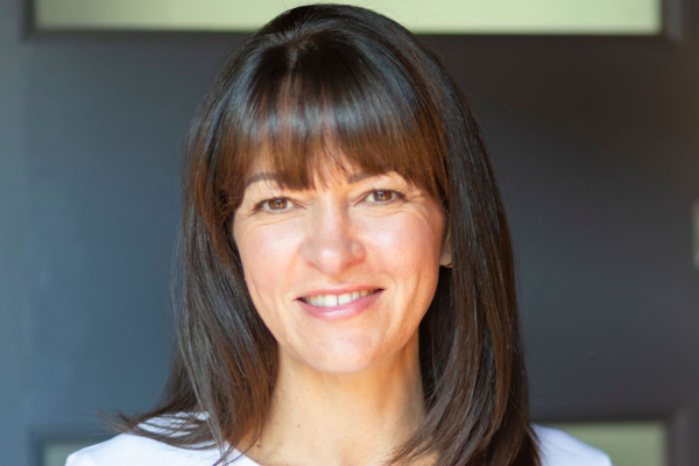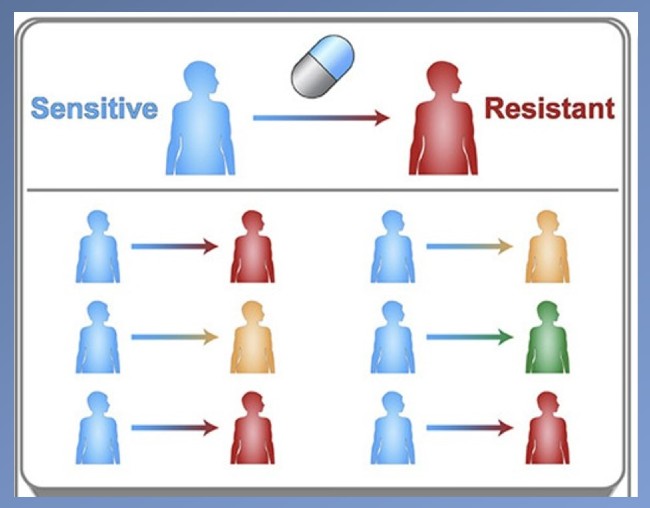Midwifery leaders have outlined the many technical challenges facing maternity care as the NHS implements its ten-year health plan.
“I think it’s also important for people to know that doctors are involved.
“We have to learn from the mistakes of the past when they tried to develop and implement large technology without any clinical input.
“It failed and it cost a lot of money, so this time we’re involved, and I think that’s the most crucial point around single-patient registration,” Cross said.
Jacqui Cooper, chief nursing information officer at Health Innovation Manchester and NHS Greater Manchester, said Greater Manchester is exploring a “minimum set of maternity data” through shared care records so that all healthcare professionals, including obstetricians and midwives, have the data needed to provide high-quality care.
“Motherhood is in the spotlight, as it absolutely should be, and we are looking for solutions that put us in a better, safer place for women,” Cooper said.
She added that the back end of the system is “only as good as the data we put into the front end of the system” and said midwives are currently faced with “a lot of systems”.
“When we talk about the importance of data, we need to work harder for our midwifery and neonatal colleagues to ensure they have a single source of truth,” she said.
Overcoming variations in digital skills will also take time and effort, according to Jo Witchard, lead digital midwife at Gloucestershire Hospitals NHS Foundation Trust, adding that some specialist groups within the maternity hospital lacked confidence in their digital skills and had struggled to transition from paper-based processes.
“The younger workforce that has grown up with touch screens is much more digitally savvy, and as they start to build and become part of the leadership, it will be much easier,” Witchard added.
“The important thing here is to use it safely. Digital is an enabler, so we need to make sure our people are on board.
“Ultimately, we are responsible for the care we provide,” he said.



